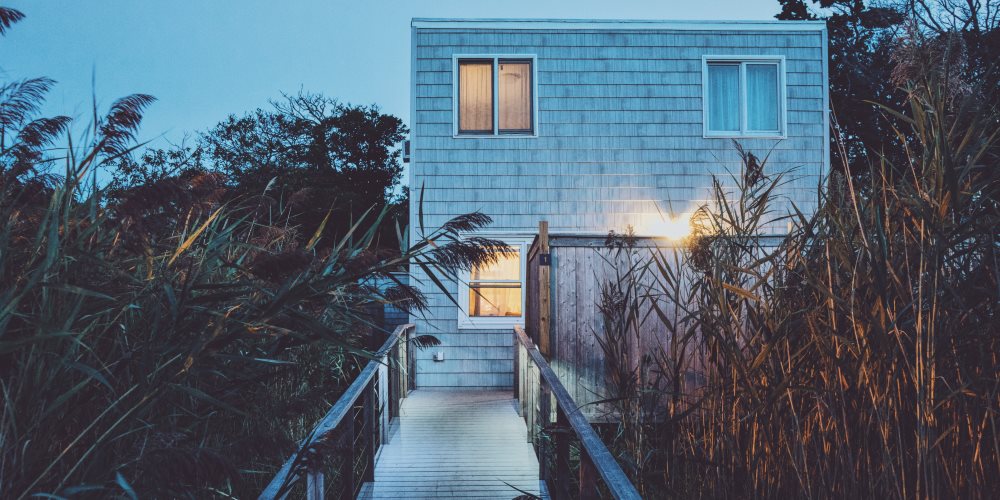Every year this time and during hurricane season I realize we need a generator.
We have a 2500 sq ft house, central air, with all the normal appliances.
What size generator do we need to at least keep the heat, fridge, water heater and stove on? Not necessary at the same time.
I know there are calculators for this but just would like real world experience.
I know, as in a lot of things, bigger is better.
Thanks,
Stephen
I have quite a few generators, ranging from 2KW all the way up to 225KW. In order to best answer your question, some additional information is needed.
1 - well or city water?
2 - Gas furnace or electric?
3 - gas stove or electric?
4. how many air conditioners?
5. Any electric vehicles that will need charging?
6. How many refrigerators'?
7. Do you have natural gas or propane?
8. Are any of your vehicles diesel?
Any critical health machines such as CPAP, etc? Also, how much are you willing to "rough it" during an outage?
Electric stoves and electric dryers are two of the biggest power consumers in a modern house, along with electric HVAC. They are closely followed by electric water heater, then well pump. If you have to charge an electric car, the fast charger may require even more power than your stove.
For most homes, if you want to minimize the compromises that you need to make, you'll need 17KW or more of generator. I can power my house quite comfortably on 12KW (including running the well pump, air conditioner, two refrigerators and a freezer,
BUT I have a gas furnace, stove and water heater. If I did not need to pull the air conditioning, I could get by on 5KW by being frugal.
During one of the ice storms back around 2003, I ran a 5500 1800 rpm 2 cylinder propane generator to back up the fridge, well pump, bathrooms, TV, etc (no air conditioning), on around 1.1 gallons of LPG per hour. It ran for 3.5 days and consumed around 100 gallons of lpg.
Generators are one thing where you don't want to go too big; just large enough to be able to carry the typical load and still be able to start your largest load. My older 2.5 ton see 13 air conditioner required a hard start kit to run off of my 12KW generator, but the current 3 ton Seer 16 unit starts up just fine. Again with gas heat.
Typically lower rpm generators last longer and are higher quality, but they cost more. Inverter generators are nice, especially the ones with the load based rpm governors.
If you're plumbed for natural gas (and the service is large enough), it's one of the best options for a generator. The fuel does not go bad, you don't have to worry about refueling it during an outage, you don't have to keep spare fuel on hand, and it is almost unheard of to lose natural gas at the same time as and electric outage.
Propane is similar but your limited on fuel on hand.
Gasoline is the most problematic in terms of fuel storage, but easiest to obtain fuel for. Diesel is more efficient and the fuel lasts longer and w/o carb problems associated with gas, but again you need to have an adequate supply on hand during the outage.



